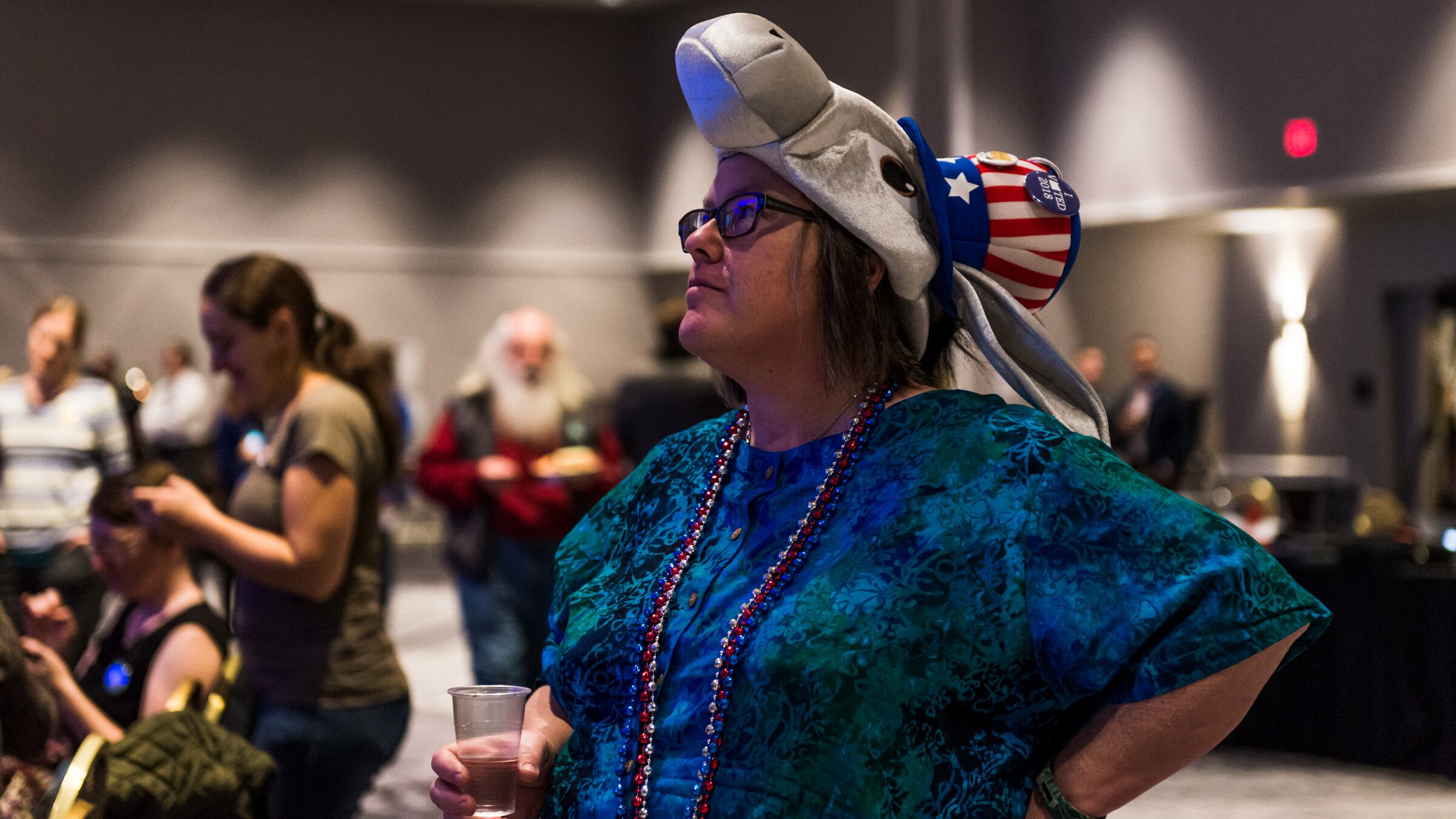Brad Martin, who has served as director of the Democratic Party of Oregon for the past 12 years, is moving onward.
In an announcement he sent to party insiders last week, Martin said he would leave his post in July to “explore new opportunities.”
“Words are inadequate to describe the great honor I have felt for having the opportunity to serve you and this party,” Martin wrote, “and I’m deeply grateful to all Oregon Democrats for making the party the success it is today.”
Under Martin’s leadership, the DPO expanded its role, which, in election years, was to serve as a conduit for cash: Donors pushed money through the organization to be distributed to campaign vendors who could best promote the candidates and ideas that party funders wanted voters to support.
The DPO raised and spent nearly $5 million on the 2022 election, for instance, twice what it raised and spent in 2014 and 2018. (By comparison, the Oregon Republican Party raised and spent about $1.7 million in 2022.)
The DPO benefits from the fundraising efforts of the state’s congressional delegation and statewide officials who coordinate their efforts—along with those of major funders, such as public employee unions—via the DPO to communicate with Democratic voters.
In a state where registered Democrats outnumber registered Republicans by about 10 percentage points, that coordination has been an effective strategy, allowing Democrats to control the Legislature, all statewide elected offices, and seven of eight congressional seats. (U.S. Rep. Cliff Bentz, who represents Oregon’s 2nd Congressional District, is the lone Republican in the delegation.)
The biggest blemish on Martin’s watch occurred in 2022, when the DPO mishandled the largest individual contribution in its history, a $500,000 check from Nishad Singh, then a senior executive at the now-defunct crypto firm FTX.
The DPO originally reported the contribution as coming from a Nevada financial institution rather than Singh, which led to investigations by the secretary of state and the Oregon Department of Justice. The Secretary of State’s Office fined the DPO for failing to disclose in a timely manner the real name of the donor, but the DOJ’s investigation into whether Singh committed a crime by donating under a false name resulted in no charges. (FTX executives had previously poured millions into an unsuccessful 2022 primary campaign to elect newcomer Carrick Flynn in Oregon’s new 6th Congressional District, so there was little point in trying to disguise an FTX donation anyway.)
After FTX went bankrupt in November 2022, federal prosecutors clawed the $500,000 donation back from the DPO on the theory that FTX and its founder, Sam Bankman-Fried, had made political contributions with money misappropriated from FTX clients.
That created a big hole for the DPO, which Oregon’s senior elected officials backfilled from their campaign accounts.
The most senior of those officials, U.S. Sen. Ron Wyden (D-Ore.), lauded Martin’s tenure.
“I thank Brad for his stellar service and outstanding leadership this past 12 years that leaves the DPO in a clear position of strength going forward,” Wyden said. “Elections and politics have clear measures of success, and Brad excelled at those, with Democratic candidates winning regularly during his tenure throughout Oregon at the federal, state and local level.”
Deputy director Candy Emmons will serve as the DPO’s interim executive director while the party searches for Martin’s successor.
This story was produced by the Oregon Journalism Project, a nonprofit newsroom covering the state.

